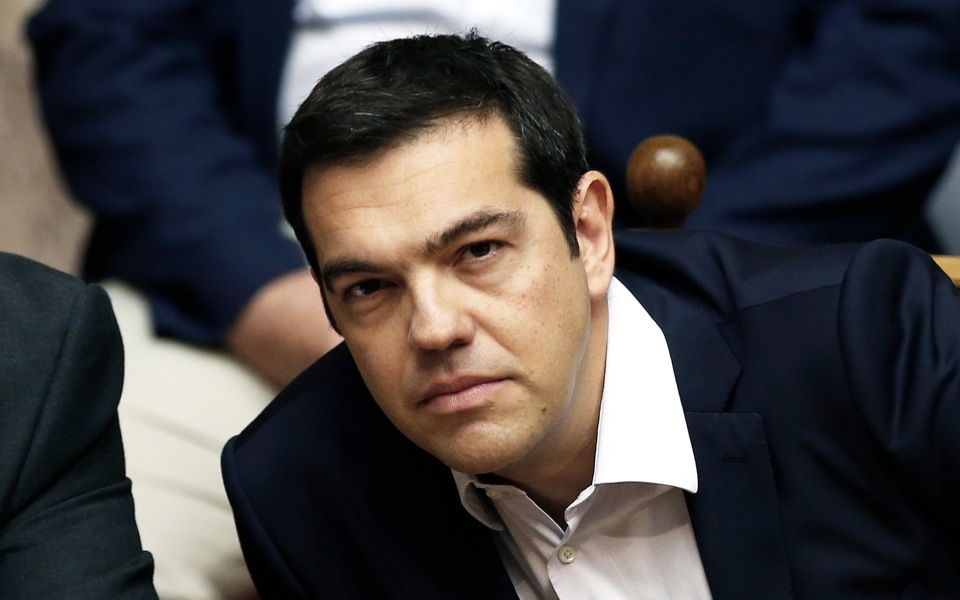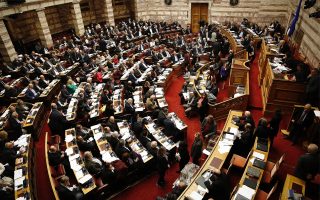Tough decisions loom

By February, Greece’s leftist-led government will reach a crucial crossroads. In a sense, conditions are eerily reminiscent of the Fall of 2014 and the dilemmas facing the conservative administration of Antonis Samaras.
Why February? Well, one reason is that by then the state will most likely have run out of cash. Second, because it will then be clear whether one can realistically expect to see a wrap-up of the Greek program review so that debt talks can begin.
The IMF, a largely unpredictable player, makes things a bit more complicated. Officials at the prime minister’s office are asking the same questions as their predecessors: “What is the IMF up to?” European officials with good knowledge of the issue expect that the IMF will intensify pressure on the Greek banking system and the issue of debt. It will claim, in other words, that the recapitalization is not sufficient and that changes are needed in the way banks are managed.
Furthermore, the Fund will claim that the European proposal on debt is not enough to solve the problem. With this formula it will be able to abandon Greece without, however, jeopardizing its funding from European governments. Put differently, the IMF is looking for an exit strategy without risking Greece’s payments to the Washington-based institution – a possiblity if European funding were to be cut off.
This is where the hard part starts. European officials with knowledge of the Greek portfolio say that the Germans and the Finns – but not just them – will not continue backing Greece if the IMF withdraws its support. It’s the same Gordian knot that Samaras and Evangelos Venizelos had to deal with.
What will Tsipras do? For the time being, the leftist premier seems to be trying to wrap up as many issues as possible, believing that he can pass reforms in social security and the tax system (opposition from farmers being a thorn in his side) and complete the program review. The PM has already run into that have had a ripple effect on Parliament and his party. On a technocratic level, the government is not in a position to prepare and pass the legislation needed to conclude the review. The pension reform has already been put off to January.
The risk is obvious: Tsipras may lose whatever conviction he has and decide that his best option is to do nothing; in other words, not to submit pension or tax reforms to Parliament and leave the country without a program from March. Sure, there is the risk that he will run out of cash, but again someone will be there to assure him that he can just scrape the bottom of the barrel. It is a nightmare scenario that would vindicate critics who have been warning Berlin and Washington that Greece is a lost cause. Tsipras might experience a brief political revival but soon it will become clear that the country has hit a wall. That would probably generate political developments, but let’s first wait until February.





